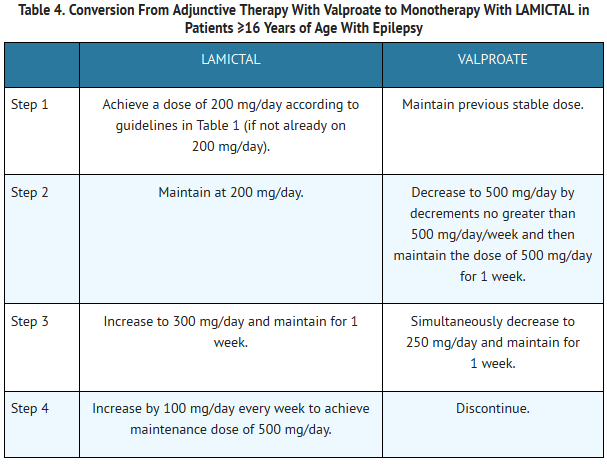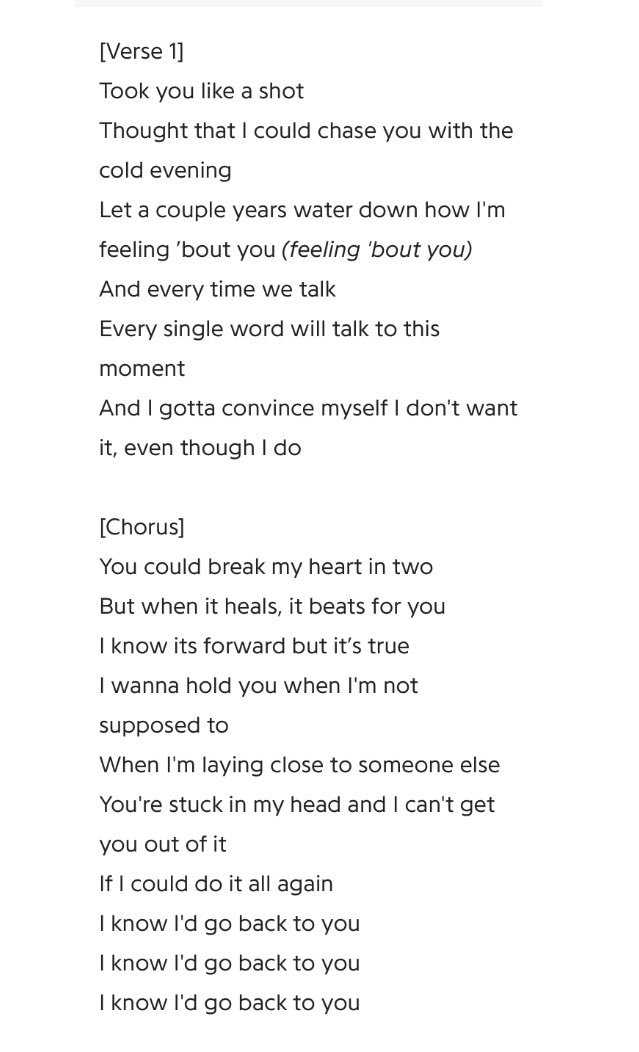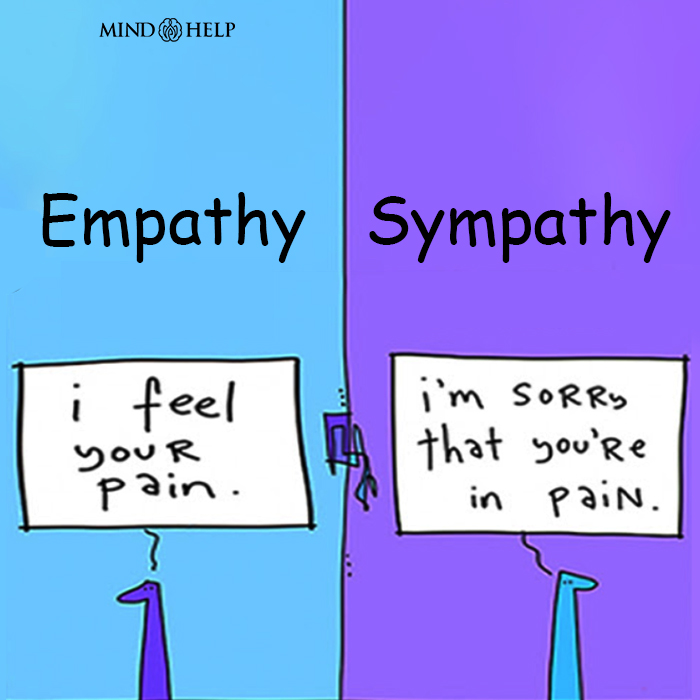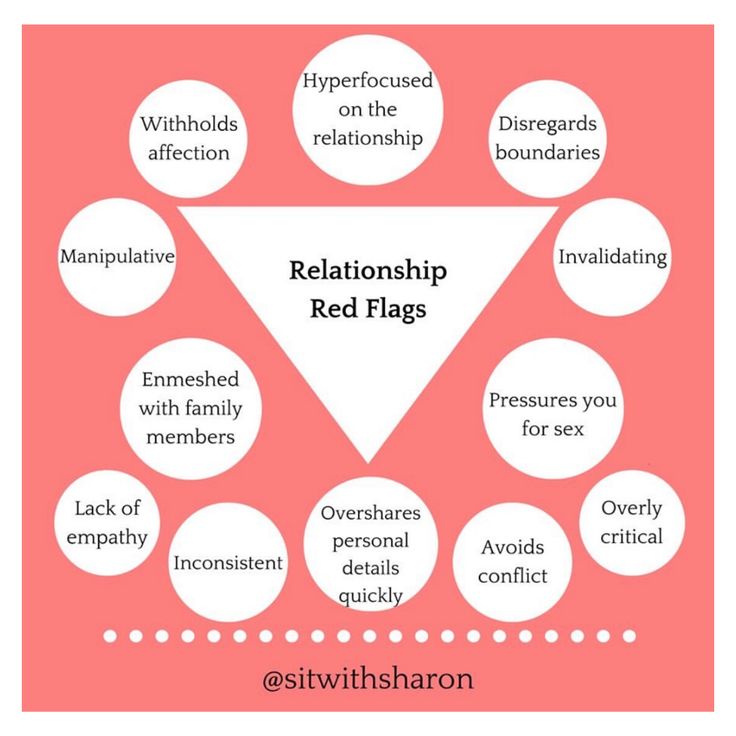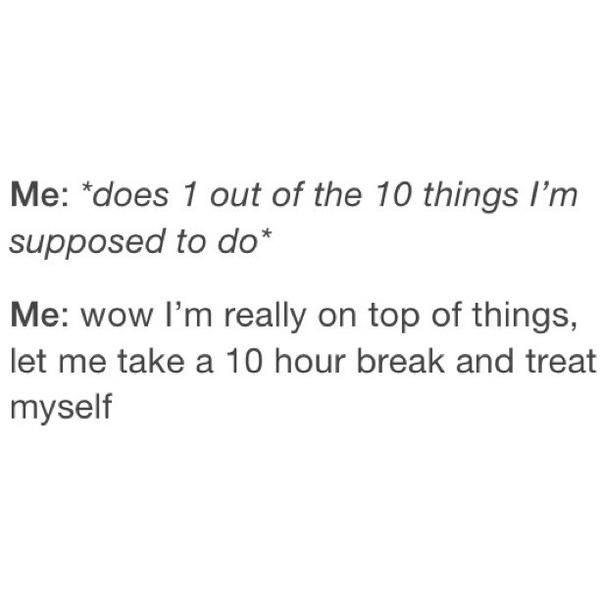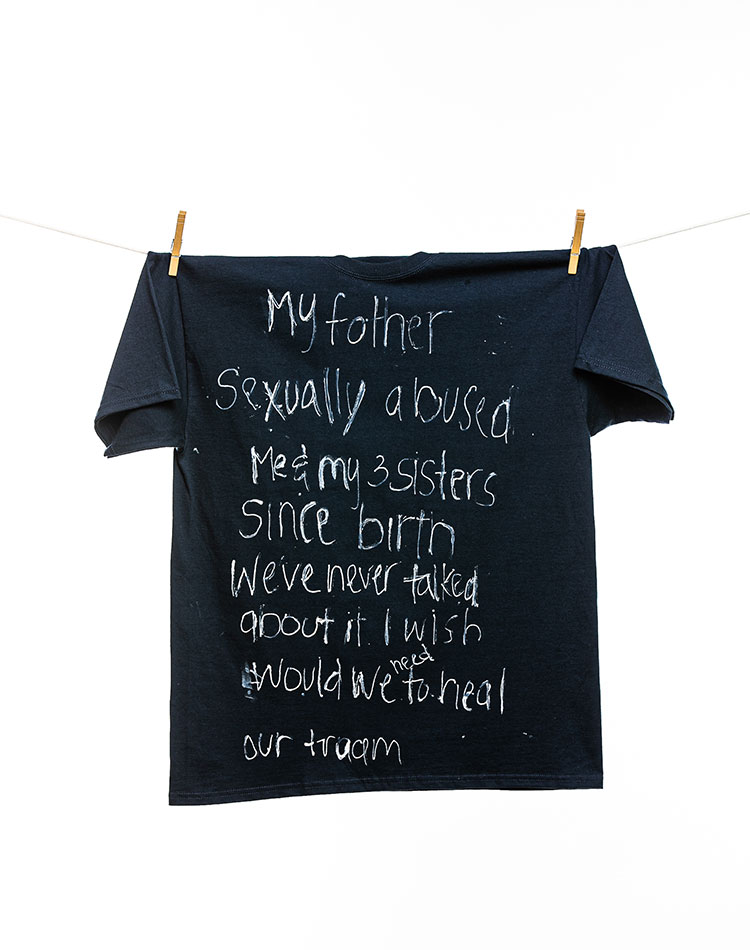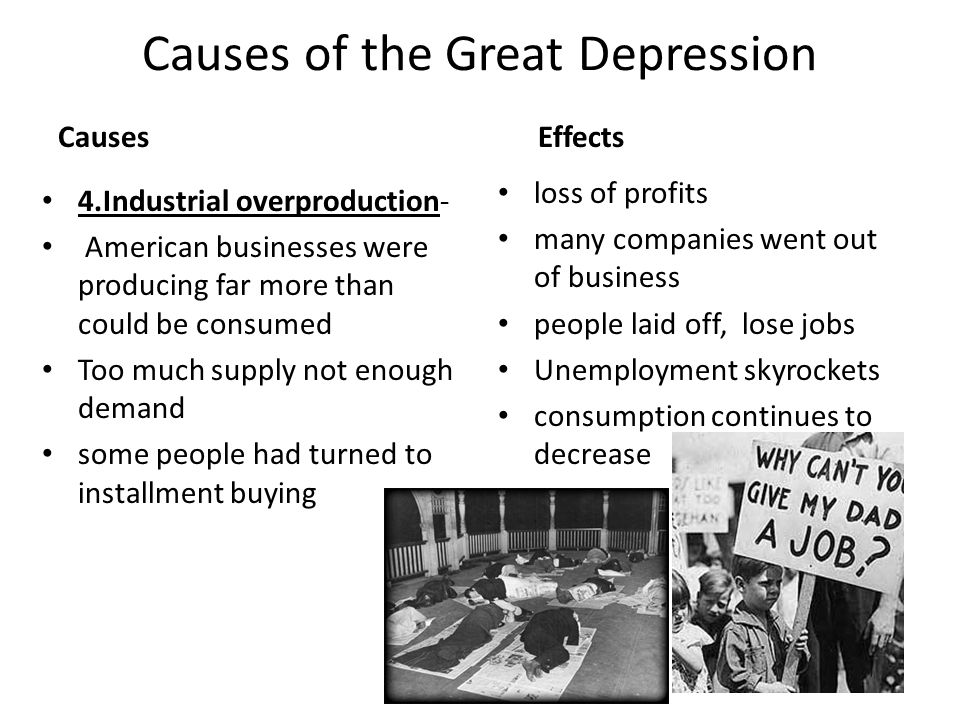What is phonophobia
What Is Phonophobia or the Fear of Loud Noises?
- If you have phonophobia — also called sonophobia — loud noises can feel overwhelming and cause panic and anxiety.
- Phonophobia is not linked to any type of hearing disorder but may be more likely if you have anxiety or are on the autistic spectrum.
- Treatment approaches include exposure therapy, cognitive behavioral therapy, and relaxation techniques.
Loud noise, especially when unexpected, can be unpleasant or jarring for anyone. If you have phonophobia, your fear of loud noise may be overwhelming, causing you to panic and feel extremely anxious.
Fear of loud noise is referred to as phonophobia, sonophobia, or ligyrophobia. This condition is not caused by hearing loss, or any type of hearing disorder.
Phonophobia is a specific phobia. Specific phobias are an extreme, irrational fear of situations or objects that do not warrant that intense a reaction.
Like all phobias, phonophobia is a treatable anxiety disorder. It is earmarked by an overwhelming dread of loud noise.
A person with this condition may experience deep distress about a loud noise they know is coming, as well as by an unexpected loud noise.
Loud noises can be unpleasant and uncomfortable. Rare is the person who enjoys an incessant car alarm, or shrieking ambulance siren. Some loud noises, such as those made by fireworks, may be more easily tolerated since they’re associated with pleasant things. These are experiences most people can relate to.
However, if you have phonophobia, you will experience a highly intense reaction to any type of loud noise, no matter what its association or cause.
People with this condition feel deep stress and anxiety when they anticipate loud noise. They also have extreme reactions to loud noises, once they occur.
Phonophobia differs from other conditions that have discomfort to sound as a symptom. These include:
- Hyperacusis.
 This condition is not a phobia. Rather, it is a hearing disorder that causes sounds to feel louder than they actually are. Hyperacusis has a number of causes, including brain injury, Lyme disease, and post-traumatic stress disorder (PTSD).
This condition is not a phobia. Rather, it is a hearing disorder that causes sounds to feel louder than they actually are. Hyperacusis has a number of causes, including brain injury, Lyme disease, and post-traumatic stress disorder (PTSD). - Misophonia. This condition is emotional in nature, but is not a phobia. People with misophonia have intense, emotional reactions, such as hatred or panic, to a specific sound, such as a dripping faucet or a person snoring. The sound does not have to be loud to produce this effect.
The symptoms of phonophobia may make it hard to enjoy everyday activities and daily life. A person with this condition may experience these symptoms in anticipation of loud noise, while it is occurring, or afterwards. They include:
- anxiety
- fear
- breaking into a sweat
- shortness of breath
- pounding heart or increased heart rate
- chest pain
- dizziness
- lightheadedness
- nausea
- fainting
Phobias of all types can occur in children, as well as in adults. If your child has a severe reaction to loud noise, seeing an audiologist can help you determine if they have phonophobia or an auditory condition such as hyperacusis.
If your child has a severe reaction to loud noise, seeing an audiologist can help you determine if they have phonophobia or an auditory condition such as hyperacusis.
The symptoms of both of these conditions may appear similar in children. Your child may become very distressed by sounds that do not seem overly loud to you. They may cover their ears, become afraid, or try to get away from the sound.
People with autism spectrum disorder (ASD) may sometimes have a fear of loud noises. This reaction can be caused by several underlying factors, including heightened anxiety, sensory sensitivity, or both.
Kids and adults with ASD may experience fear in anticipation of a loud noise that they associate with an unpleasant event.
Those with sensory issues may have hypersensitivity to sound, which causes them to hear things much louder than they actually are. Children with ASD have been known to compare the sound of raindrops to bullets.
In addition, there is some evidence that phobias of all types are common among those on the spectrum.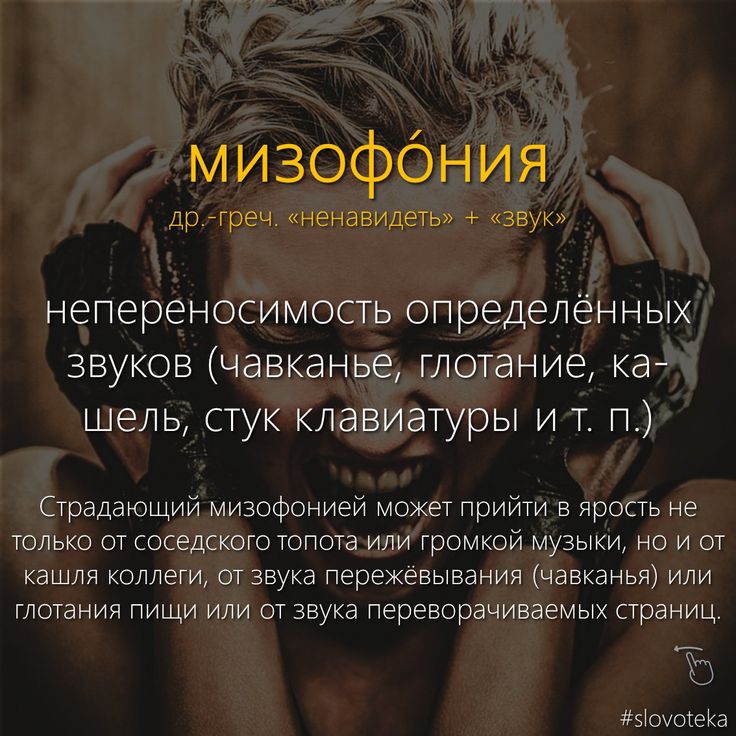
Phonophobia is a mental health condition that can manifest at any age. Like all specific phobias, its exact cause is not completely understood.
It may be caused by genetic factors. People with a family history that includes anxiety disorders may be more prone to this condition.
Phonophobia may also be caused by external factors, such as a history of long-term childhood trauma, or, a single traumatic incident. In autistic children and in some other children, the traumatic event may seem extreme, but is not actually so. For example, suddenly hearing everyone loudly yell surprise at a birthday party.
In some instances, phonophobia may also be a symptom of another condition. These include:
- migraine headaches
- Kleine-Levin syndrome
- traumatic brain injury
If your fear of loud noises is interfering with your ability to function or enjoy life, a doctor, such as a therapist, will be able to help you.
Your doctor will diagnose your condition by asking you questions about your symptoms and triggers. Your medical, social, and psychological history will be discussed.
Your medical, social, and psychological history will be discussed.
In order to determine if what you have is a specific phobia, your doctor will use the diagnostic criteria established in the new edition of the Diagnostic and Statistical Manual of Mental Disorders (DSM-5).
Finding help for fear of loud noisesYou can find a licensed professional, such as a psychologist or psychiatrist, through these organizations and associations:
- American Psychiatric Association
- Anxiety and Depression Association of America
- Association for Behavioral and Cognitive Therapies
There are several types of therapy that are used to treat phobias. Fear of loud noise may be treated through:
- Exposure therapy (systematic desensitization). This is a type of psychotherapy (talk therapy). It uses guided and repeated exposure to the source of your fear. Exposure therapy can be done on an individual basis, or in groups.
 It can be very effective for the treatment of all types of specific phobias.
It can be very effective for the treatment of all types of specific phobias. - Cognitive behavioral therapy (CBT). This is a type of psychotherapy that’s also highly effective for the treatment of specific phobia. It uses some elements of exposure therapy, combined with techniques that help you alter negative thoughts and behaviors.
- Relaxation techniques. Activities such as meditation can also help, especially when combined with other treatments.
Therapy with a mental health professional is usually all it takes to help people with phonophobia. Sometimes medications may be prescribed in conjunction with (or instead of) psychotherapy. These include anti-anxiety medications and beta blockers that help reduce the symptoms caused by panic attacks.
If you recognize that you have phonophobia, you have already taken the first step towards conquering it. Phonophobia is a highly treatable condition. It will take work on your part to get past your fear, but positive and powerful results may not take as long to achieve as you may think.
Exposure therapy and CBT can help you experience significant reductions in phobic reactions within 2 to 5 months.
Phonophobia (fear of loud noise) is a highly treatable, specific phobia. This condition can occur in childhood or in adulthood. Therapeutic treatments can be very effective for eliminating or reducing phonophobic reactions. They include exposure therapy and cognitive behavioral therapy.
In some instances, medication can also help alleviate the anxiety caused by this condition.
What Is Phonophobia or the Fear of Loud Noises?
- If you have phonophobia — also called sonophobia — loud noises can feel overwhelming and cause panic and anxiety.
- Phonophobia is not linked to any type of hearing disorder but may be more likely if you have anxiety or are on the autistic spectrum.
- Treatment approaches include exposure therapy, cognitive behavioral therapy, and relaxation techniques.
Loud noise, especially when unexpected, can be unpleasant or jarring for anyone. If you have phonophobia, your fear of loud noise may be overwhelming, causing you to panic and feel extremely anxious.
If you have phonophobia, your fear of loud noise may be overwhelming, causing you to panic and feel extremely anxious.
Fear of loud noise is referred to as phonophobia, sonophobia, or ligyrophobia. This condition is not caused by hearing loss, or any type of hearing disorder.
Phonophobia is a specific phobia. Specific phobias are an extreme, irrational fear of situations or objects that do not warrant that intense a reaction.
Like all phobias, phonophobia is a treatable anxiety disorder. It is earmarked by an overwhelming dread of loud noise.
A person with this condition may experience deep distress about a loud noise they know is coming, as well as by an unexpected loud noise.
Loud noises can be unpleasant and uncomfortable. Rare is the person who enjoys an incessant car alarm, or shrieking ambulance siren. Some loud noises, such as those made by fireworks, may be more easily tolerated since they’re associated with pleasant things. These are experiences most people can relate to.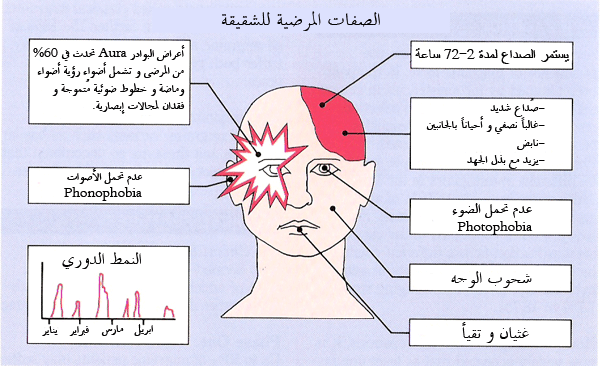
However, if you have phonophobia, you will experience a highly intense reaction to any type of loud noise, no matter what its association or cause.
People with this condition feel deep stress and anxiety when they anticipate loud noise. They also have extreme reactions to loud noises, once they occur.
Phonophobia differs from other conditions that have discomfort to sound as a symptom. These include:
- Hyperacusis. This condition is not a phobia. Rather, it is a hearing disorder that causes sounds to feel louder than they actually are. Hyperacusis has a number of causes, including brain injury, Lyme disease, and post-traumatic stress disorder (PTSD).
- Misophonia. This condition is emotional in nature, but is not a phobia. People with misophonia have intense, emotional reactions, such as hatred or panic, to a specific sound, such as a dripping faucet or a person snoring. The sound does not have to be loud to produce this effect.

The symptoms of phonophobia may make it hard to enjoy everyday activities and daily life. A person with this condition may experience these symptoms in anticipation of loud noise, while it is occurring, or afterwards. They include:
- anxiety
- fear
- breaking into a sweat
- shortness of breath
- pounding heart or increased heart rate
- chest pain
- dizziness
- lightheadedness
- nausea
- fainting
Phobias of all types can occur in children, as well as in adults. If your child has a severe reaction to loud noise, seeing an audiologist can help you determine if they have phonophobia or an auditory condition such as hyperacusis.
The symptoms of both of these conditions may appear similar in children. Your child may become very distressed by sounds that do not seem overly loud to you. They may cover their ears, become afraid, or try to get away from the sound.
People with autism spectrum disorder (ASD) may sometimes have a fear of loud noises.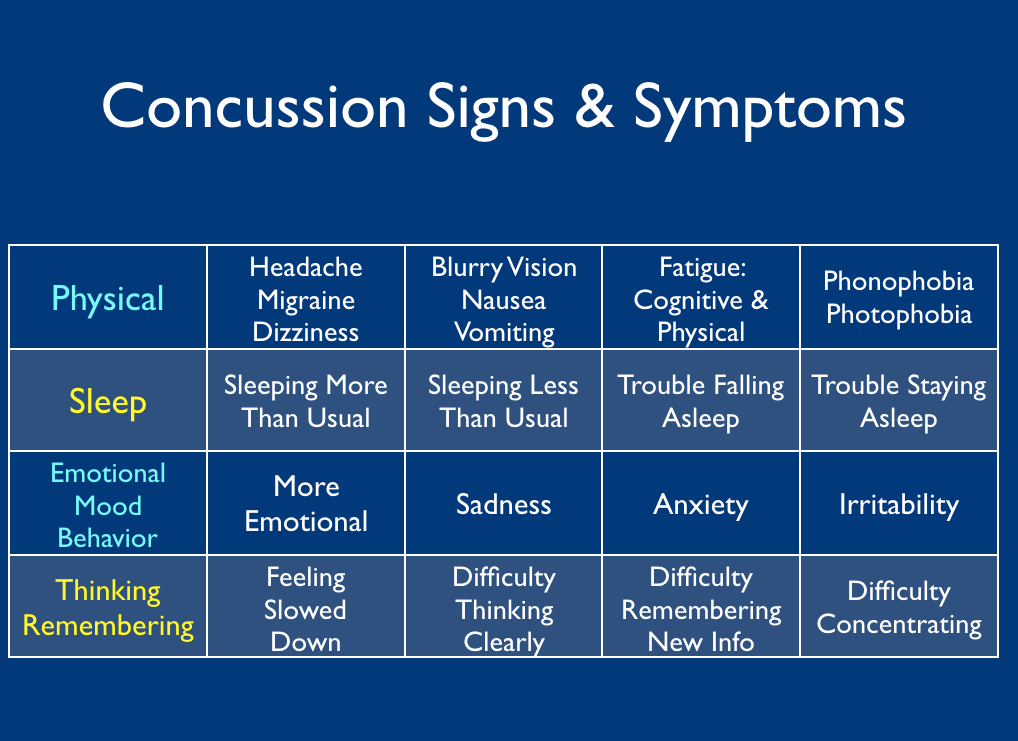 This reaction can be caused by several underlying factors, including heightened anxiety, sensory sensitivity, or both.
This reaction can be caused by several underlying factors, including heightened anxiety, sensory sensitivity, or both.
Kids and adults with ASD may experience fear in anticipation of a loud noise that they associate with an unpleasant event.
Those with sensory issues may have hypersensitivity to sound, which causes them to hear things much louder than they actually are. Children with ASD have been known to compare the sound of raindrops to bullets.
In addition, there is some evidence that phobias of all types are common among those on the spectrum.
Phonophobia is a mental health condition that can manifest at any age. Like all specific phobias, its exact cause is not completely understood.
It may be caused by genetic factors. People with a family history that includes anxiety disorders may be more prone to this condition.
Phonophobia may also be caused by external factors, such as a history of long-term childhood trauma, or, a single traumatic incident.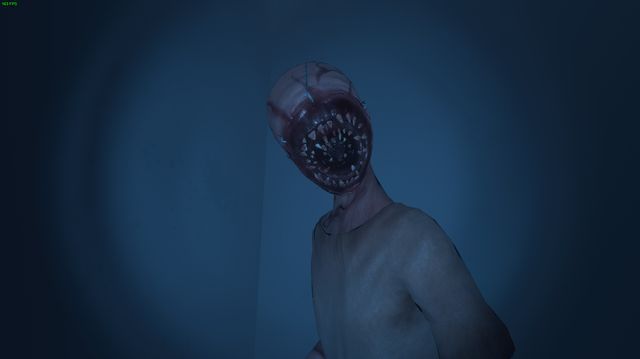 In autistic children and in some other children, the traumatic event may seem extreme, but is not actually so. For example, suddenly hearing everyone loudly yell surprise at a birthday party.
In autistic children and in some other children, the traumatic event may seem extreme, but is not actually so. For example, suddenly hearing everyone loudly yell surprise at a birthday party.
In some instances, phonophobia may also be a symptom of another condition. These include:
- migraine headaches
- Kleine-Levin syndrome
- traumatic brain injury
If your fear of loud noises is interfering with your ability to function or enjoy life, a doctor, such as a therapist, will be able to help you.
Your doctor will diagnose your condition by asking you questions about your symptoms and triggers. Your medical, social, and psychological history will be discussed.
In order to determine if what you have is a specific phobia, your doctor will use the diagnostic criteria established in the new edition of the Diagnostic and Statistical Manual of Mental Disorders (DSM-5).
Finding help for fear of loud noisesYou can find a licensed professional, such as a psychologist or psychiatrist, through these organizations and associations:
- American Psychiatric Association
- Anxiety and Depression Association of America
- Association for Behavioral and Cognitive Therapies
There are several types of therapy that are used to treat phobias. Fear of loud noise may be treated through:
Fear of loud noise may be treated through:
- Exposure therapy (systematic desensitization). This is a type of psychotherapy (talk therapy). It uses guided and repeated exposure to the source of your fear. Exposure therapy can be done on an individual basis, or in groups. It can be very effective for the treatment of all types of specific phobias.
- Cognitive behavioral therapy (CBT). This is a type of psychotherapy that’s also highly effective for the treatment of specific phobia. It uses some elements of exposure therapy, combined with techniques that help you alter negative thoughts and behaviors.
- Relaxation techniques. Activities such as meditation can also help, especially when combined with other treatments.
Therapy with a mental health professional is usually all it takes to help people with phonophobia. Sometimes medications may be prescribed in conjunction with (or instead of) psychotherapy. These include anti-anxiety medications and beta blockers that help reduce the symptoms caused by panic attacks.
These include anti-anxiety medications and beta blockers that help reduce the symptoms caused by panic attacks.
If you recognize that you have phonophobia, you have already taken the first step towards conquering it. Phonophobia is a highly treatable condition. It will take work on your part to get past your fear, but positive and powerful results may not take as long to achieve as you may think.
Exposure therapy and CBT can help you experience significant reductions in phobic reactions within 2 to 5 months.
Phonophobia (fear of loud noise) is a highly treatable, specific phobia. This condition can occur in childhood or in adulthood. Therapeutic treatments can be very effective for eliminating or reducing phonophobic reactions. They include exposure therapy and cognitive behavioral therapy.
In some instances, medication can also help alleviate the anxiety caused by this condition.
What is phonophobia. How is the fear of loud noise treated?
- How to treat fear of loud noise
Possible symptoms of phonophobia: feeling of resistance and fear, irritability, anxiety, headache, tachycardia, increased sweating, avoidance of noisy and crowded places.
Phonophobia requires special treatment. In addition to psychoanalysis, which checks the probable cause of the disease, cognitive behavioral therapy, and sometimes pharmacological agents, are used. nine0011
What is phonophobia?
Phonophobia is an anxiety disorder (neurotic), which is part of a group of specific phobias characterized by fear of loud sounds. In extreme cases, it takes the form of fear of one's own voice. The term "phonophobia" comes from the Greek words phn, phnma, which mean "sound", "voice" and phobos, which translates as "fear". Also called lygyrophobia or acousticophobia. A feeling of anxiety can appear not only as a result of the direct action of the anxiety factor, but sometimes as a result of its image. For example, the sight of a person inflating a balloon to a size at which it might burst creates an alarming situation, since patients may anticipate the noise that may accompany it. nine0011
For example, the sight of a person inflating a balloon to a size at which it might burst creates an alarming situation, since patients may anticipate the noise that may accompany it. nine0011
What causes phonophobia?
Various factors may be responsible for the development of this disorder. The investigators emphasize in particular the role of otolaryngological diseases that the patient has had or is experiencing, including, for example, auditory hypersensitivity associated with tinnitus or acoustic trauma due to exposure to strong sounds.
On the other hand, phonophobia can be caused by environmental or genetic factors. nine0018 Its determinant, as in the case of other simple phobias, may be a traumatic event accompanied by a loud noise - therefore, the phobia coexists with post-traumatic stress disorder (PTSD). An over-activated limbic system, which is responsible for emotions, predisposes to the disease.
Symptoms
Phonophobia manifests itself in a variety of psychosomatic diseases. In response to an active anxiety stimulus, the patient reacts with an extremely strong, irrational, involuntary fear. He loses control over his behavior. He becomes aggressive, distracted, irritable, agitated and panicked. May be accompanied by physical symptoms - headache and dizziness, shortness of breath, high blood pressure, muscle tension, abdominal pain, nausea. Phonophobics avoid places and situations in which there is a risk of a phobic factor. nine0011
In response to an active anxiety stimulus, the patient reacts with an extremely strong, irrational, involuntary fear. He loses control over his behavior. He becomes aggressive, distracted, irritable, agitated and panicked. May be accompanied by physical symptoms - headache and dizziness, shortness of breath, high blood pressure, muscle tension, abdominal pain, nausea. Phonophobics avoid places and situations in which there is a risk of a phobic factor. nine0011
What could be the consequences?
In extreme cases, phonophobia can lead to misophonia, an increased sensitivity to sounds. The term comes from the Greek words misos - "to hate" and phone - "sound". A phobia is characterized by a sharply negative emotional reaction in response to certain sounds, such as creaking doors, ticking clocks, footsteps, typing, loud breathing, spanking, squelching, sniffling, baby crying, etc.
Disgust usually concerns the sounds made by the closest people. This condition was first described in 2000.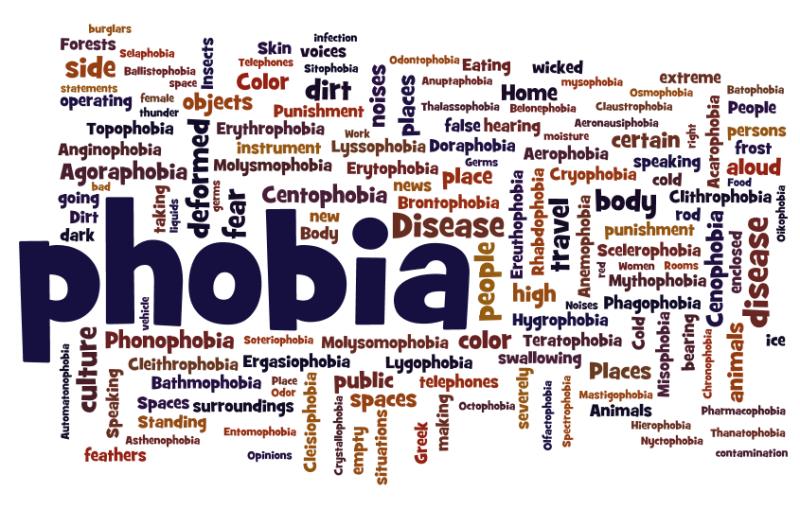 An inadequate way to deal with this condition is an avoidance technique - using earplugs, listening to music through headphones to cut yourself off from unpleasant sounds. nine0011
An inadequate way to deal with this condition is an avoidance technique - using earplugs, listening to music through headphones to cut yourself off from unpleasant sounds. nine0011
This method can weaken social bonds and isolate and even increase the amount of sounds that the patient cannot tolerate. The techniques used in tinnitus treatment and psychotherapy can improve the quality of life of misophonia. Habituation Therapy, also known as TRT (Tinnitus Retraining Therapy), produces good results. It consists in the suppression of conditioned reflexes. It seeks to evoke pleasant associations with sounds that the patient finds unpleasant. nine0011
How is phonophobia treated?
Phonophobia, like other simple phobias, requires the help of a specialist - a psychologist, psychiatrist or therapist. In the treatment, in addition to psychoanalysis, which explores the source of the disorder, cognitive behavioral therapy is used, which serves to change negative, incorrect emotions and thoughts associated with sounds into constructive and favorable ones.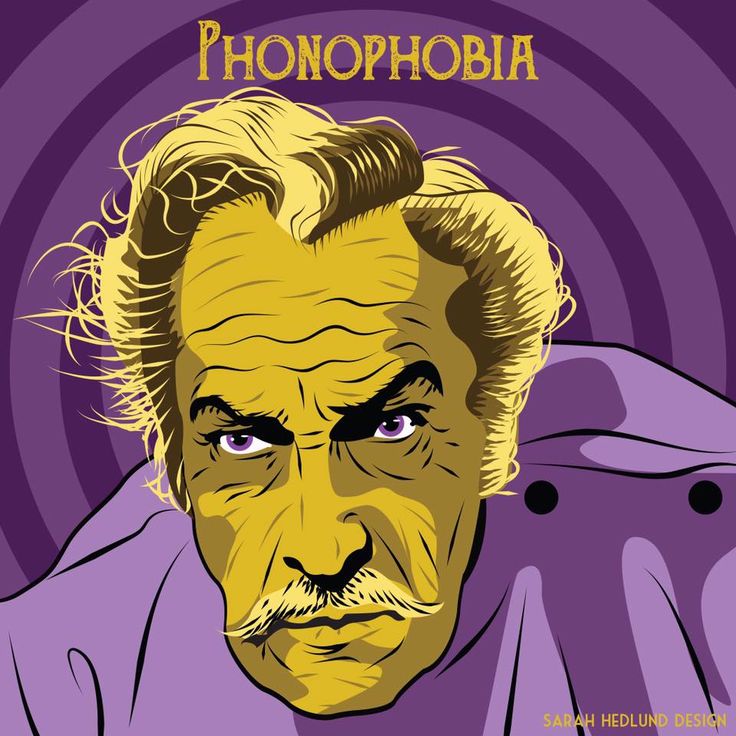
Most often, gradual desensitization of phonophobes occurs. The first step of so-called desensitization is the development of a hierarchy of phobic situations. Then an alarming situation is artificially induced - initially of low intensity. Through concomitant desensitization, relaxation techniques reduce the intensity of anxiety to a phobic factor. Relaxation techniques include breathing exercises, muscle relaxation, music therapy, yoga, meditation, and more. In more severe cases, drug therapy with anxiolytics may be required. nine0011
Share
Back to the list
Acousticophobia, phonophobia, ligurophobia - fear of loud sounds, noises.
Acousticophobia (Greek akustikos - auditory, φόβος - fear) - fear of loud sounds, noises. Also known as phonophobia, ligyrophobia. The term is also used to describe fear of the voice or fear of one's own voice.
Having acousticophobia does not mean that any noise should lead to anxiety reactions. It simply means fear of loud and sudden sounds and nothing else. With acousticophobia, even the threat of a harsh sound can cause serious anxiety. nine0011
It simply means fear of loud and sudden sounds and nothing else. With acousticophobia, even the threat of a harsh sound can cause serious anxiety. nine0011
With acousticophobia, muscle cramps appear when exposed to an auditory stimulus. For example, when listening to a CD that begins with a minute of silence and then suddenly turns into loud rock sounds, most people feel extreme discomfort, especially if they initially had no idea about the contents of the CD.
The feeling of such discomfort is in itself a normal reaction, but people suffering from acousticophobia experience intense fear and panic in these cases. nine0011
An acousticophobe may be afraid of devices that suddenly emit loud sounds, such as computer speakers or fire alarms. When using a home theater, computer, TV, CD player, etc., they initially set the sound volume to the minimum level, and only then smoothly raise the sound to a listening level that is comfortable for them. They may avoid parades, carnivals, and other events due to avoiding the loud sounds of instruments such as drums.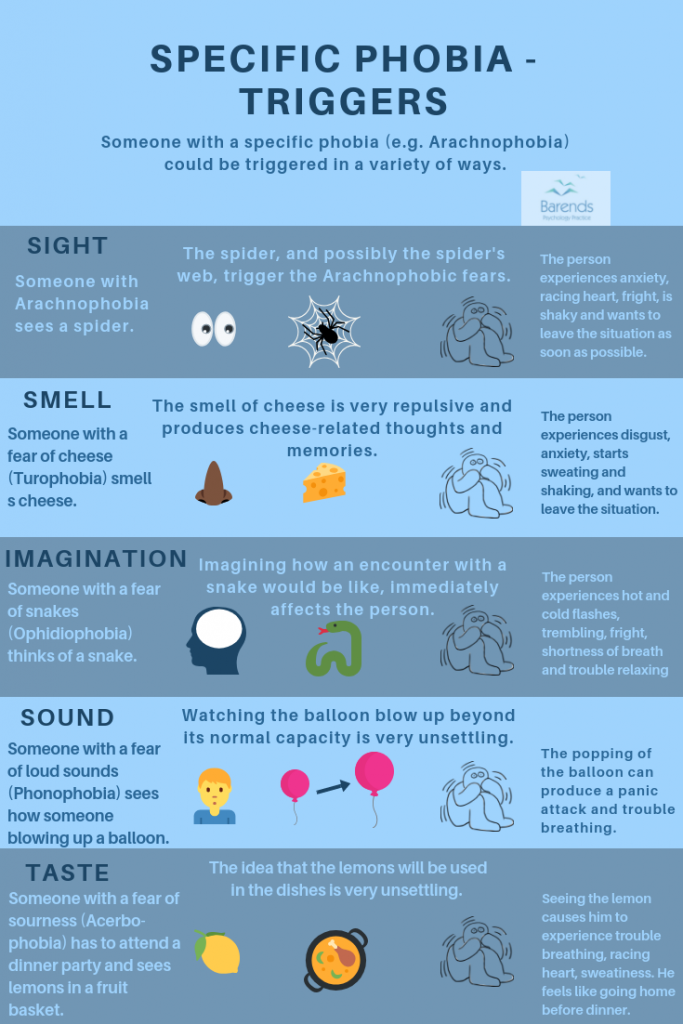 Having one unfortunate example of a loud sound: the bursting of a balloon, an acousticophobe, at the sight of a balloon, immediately begins a panic attack, anxious expectation of an explosion and a loud sound. nine0011
Having one unfortunate example of a loud sound: the bursting of a balloon, an acousticophobe, at the sight of a balloon, immediately begins a panic attack, anxious expectation of an explosion and a loud sound. nine0011
Acousticophobes often have trouble going to places where the noise around them is uncontrollable. This means that their presence in a park, in a bar, on a crowded street, in a restaurant, or anywhere else where loud noise can suddenly break out, can be a problem. Many of them avoid any surprises, which is associated with loud noises. Often they begin to engage in the fact that they begin to guess or predict the surrounding noises so that they do not take them by surprise. Acousticophobia reacts anxiously not only to the sharpness of sound, but also the long duration of smooth noises can also lead to panic states. nine0011
For many people who suffer from acoustic phobia, dogs and children are the worst, as they are, at any moment, a potential source of harsh noises.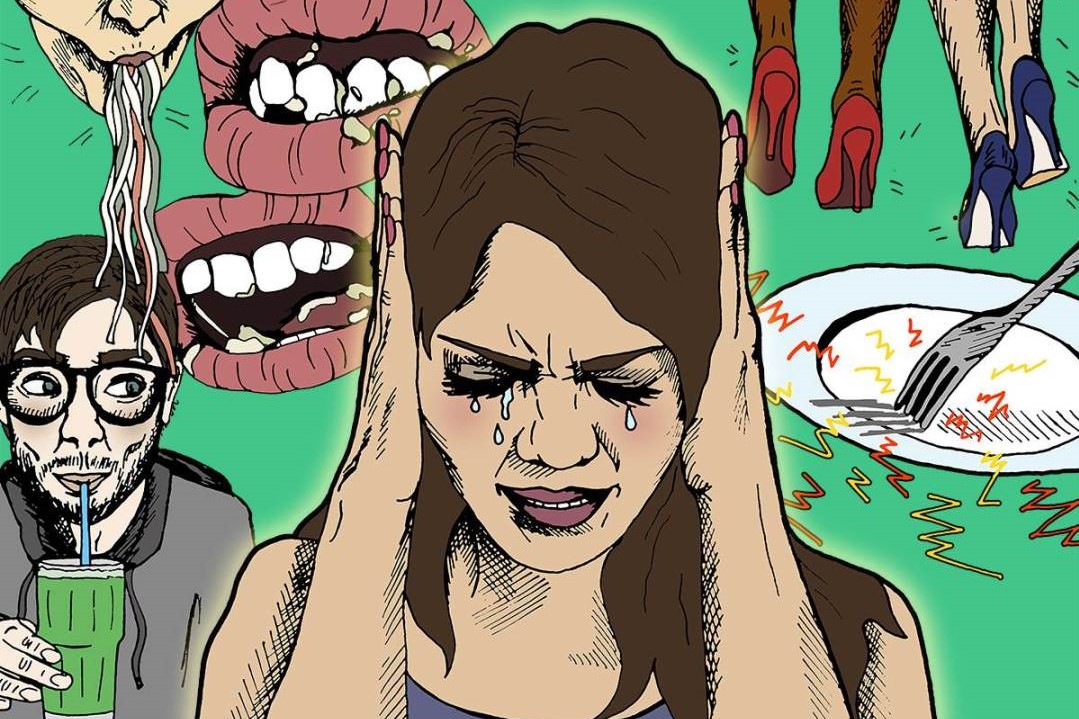
Do not confuse acousticophobia with hyperacusis (hyperacusis - extreme sensitivity to loud sounds). Acousticophobia can also be a manifestation of an extreme form of mysophobia.
The symptoms of acousticophobia are similar to those of an anxiety disorder or other phobias. In most cases, they are the same: increased sweating, dry mouth, shortness of breath, hyperventilation, palpitations, nausea, trembling, numbness, dizziness, severe internal tension, muscle tension, changes in blood pressure and body temperature, loss of control over oneself and the situation, an inability to speak or think clearly, an intense sense of impending disaster, a fear of death or going insane, a sense of detachment from reality, or a full-blown attack of anxiety. Those patients who experience acousticophobia more acutely in certain situations, when they feel that the noise is coming from all directions, have a serious panic attack. When the serious attention of others is drawn to them, their condition worsens. nine0011
nine0011
When the noise stops or they move away from the situation, they usually calm down on their own. Most of them no longer want to return back to the same situation and move away from this environment completely. That is why many often stay at home and do not appear in public. They understand that their illness prevents others from having a good time.
There are many treatments for acousticophobia. Most of these must be done under the guidance of a licensed professional psychologist. nine0011
Most often, specialists use several different treatments in tandem. The most common treatment is drug therapy. The drugs used are typical for the treatment of most cases of anxiety disorders, regardless of the cause. The idea behind this treatment is that individual medications help to cope with the situation: as a rule, relieve their anxiety. When taking medicines, a person slowly begins to get used to loud sounds and with prolonged treatment, there is a hope that the person will become so used that it will be considered that the disease has passed.
